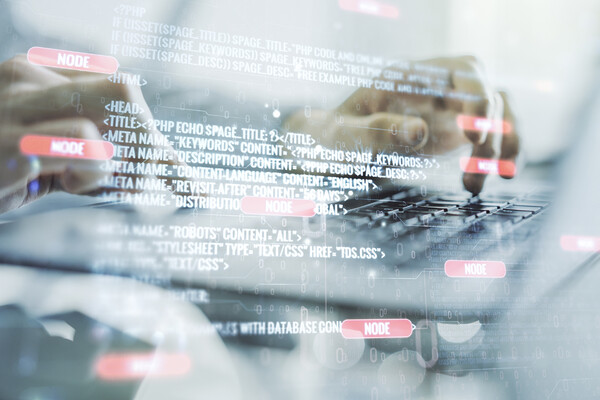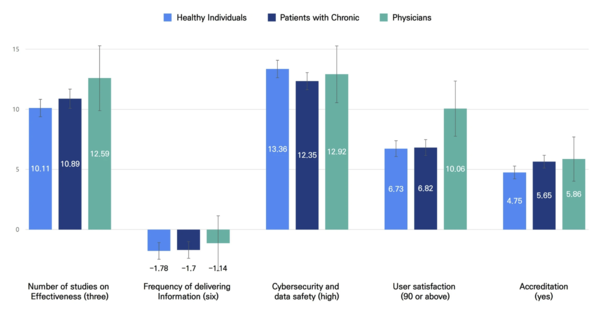
The average smartphone user now scrolls past more than 350,000 health-related apps, a Babel of calorie counters and meditation tracks that leaves even doctors unsure which icons to trust.
A new study suggests that most Koreans make that choice based on one factor above all others: how well the app protects their personal data.
Published in May in npj Digital Medicine, the study found that users consistently favored health apps with strong cybersecurity features, even if it meant paying more.
The research team, led by academics at Yonsei University College of Medicine and Hankuk University of Foreign Studies, surveyed 1,093 participants -- including patients with chronic conditions, healthy adults and physicians -- and asked them to choose between pairs of hypothetical health apps with varying attributes.
The six features included monthly cost, number of peer-reviewed studies supporting the app’s effectiveness, frequency of health information updates, user satisfaction, government accreditation and data security.
Across all groups, researchers wrote, “cybersecurity and data safety were the most critical attributes for all participant groups, followed by accreditation and studies published on effectiveness.”
Participants were willing to pay a premium for that peace of mind. The analysis found that users were willing to spend about $12 more per month for apps with high-level data security and about $5 more for those bearing a government seal of approval.
Physicians placed even greater value on scientific backing, with respondents willing to pay nearly $13 more for apps supported by clinical studies.

“People take cybersecurity and data safety very seriously because healthcare data is sensitive to personal information that must not be compromised,” the researchers said.
Korea launched a national accreditation program for health apps in 2022 to help users navigate the expanding digital health market, which includes tools for managing insomnia, diabetes and other chronic conditions.
To date, only a dozen apps have earned the certification, which the study found to be especially influential for older users and those with chronic diseases.
Younger users, by contrast, tended to prioritize encryption and peer reviews. Physicians placed a higher value on apps that demonstrated clinical effectiveness and received positive feedback from other users.
“For a healthcare service app to be used effectively, it is necessary to first persuade medical professionals by confirming its effectiveness before they recommend it to their patients,” the authors wrote.
The study’s findings are based on an online survey, and the physician group skewed young, with most participants in their 30s.
Related articles
- Yonsei researcher contributes to global map of somatic mutations in healthy human tissues
- ‘Hospitalists are key players in specialist-oriented hospital systems’
- Severance Hospital tops KS-WEI list for 19 straight years
- Yonsei Cancer Center expands heavy ion therapy to hard-to-treat cancers
- AI model predicts CNS infection type with 99% accuracy, prognosis within 1 hour

